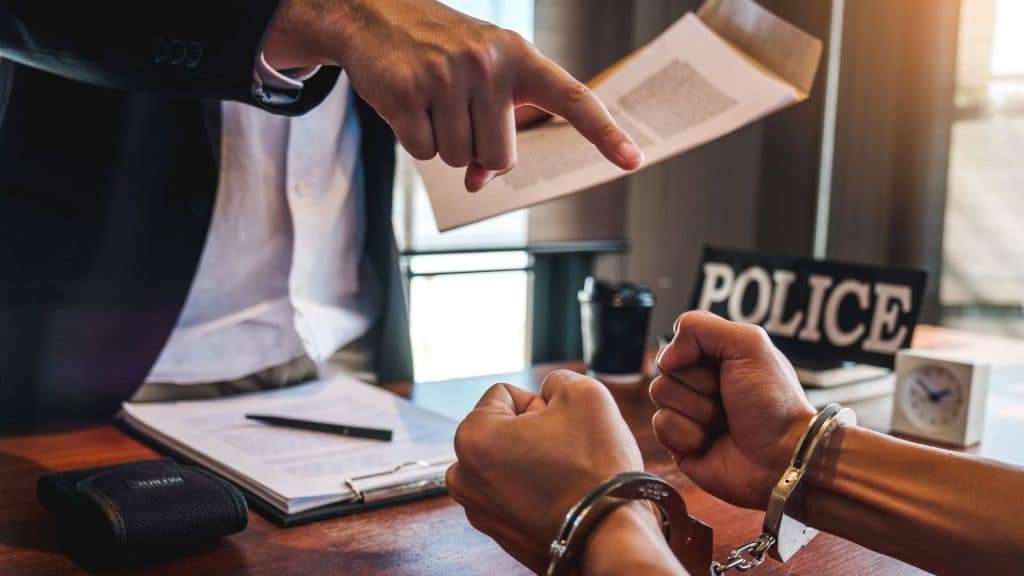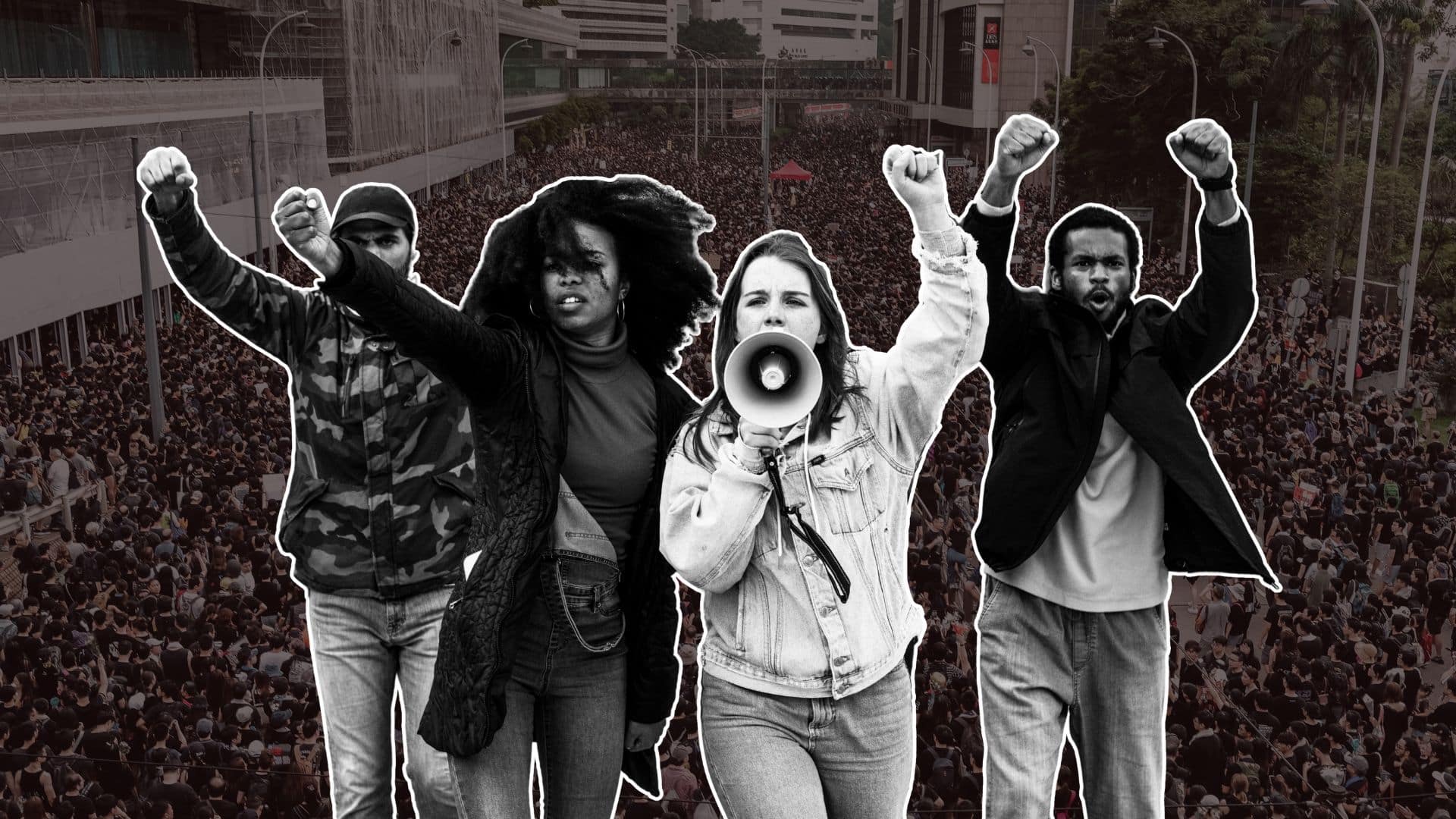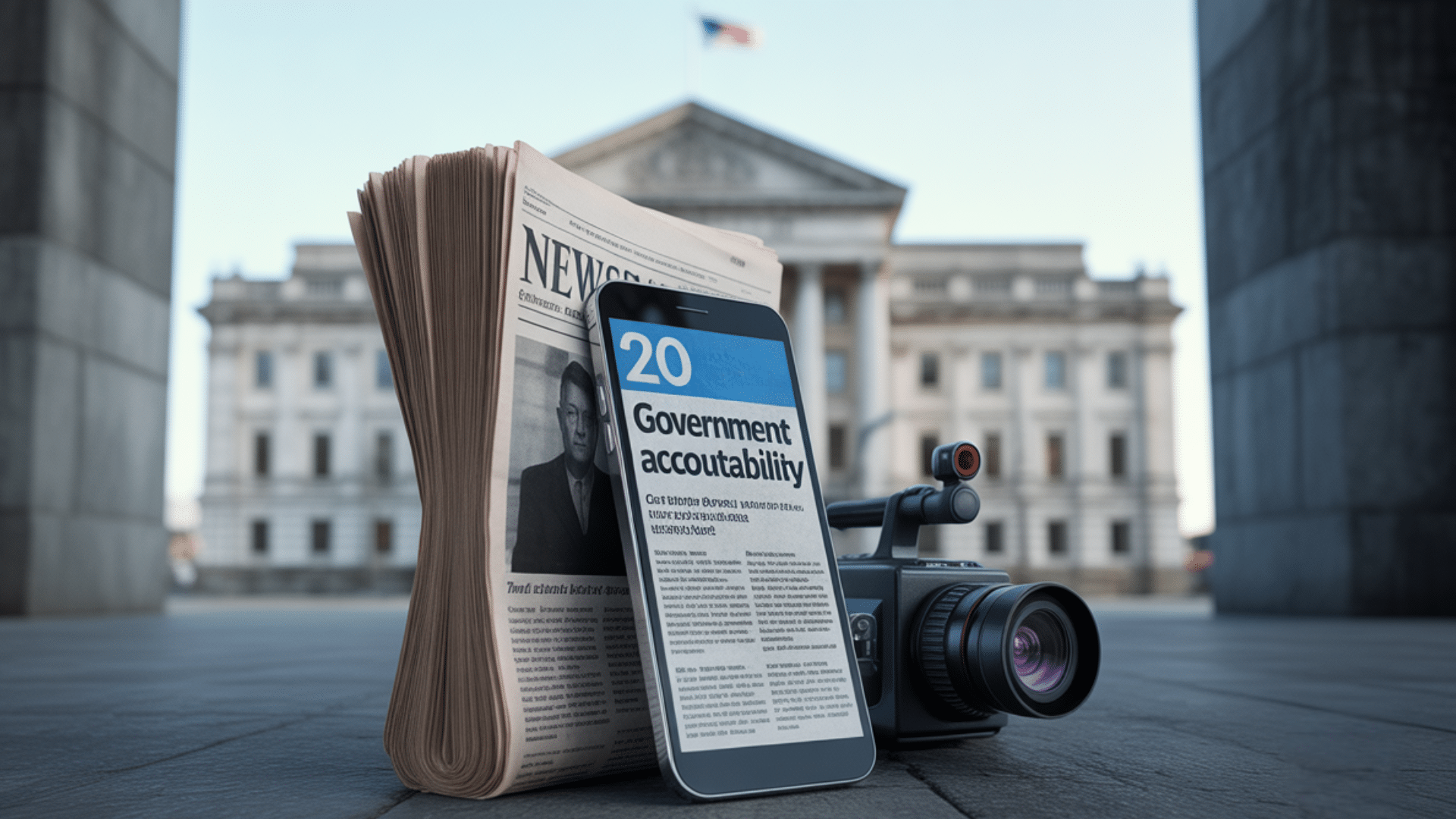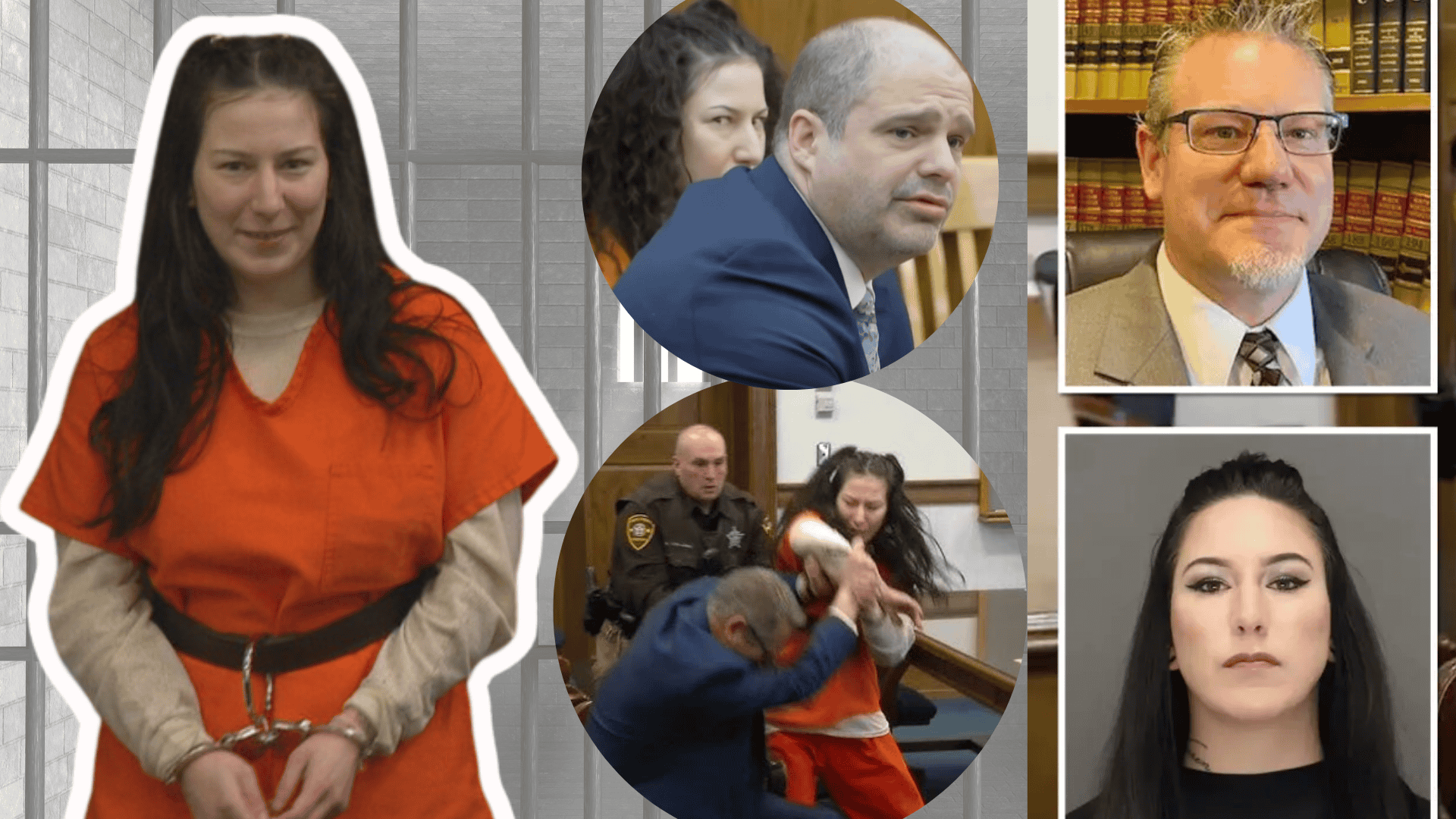Have you ever wondered what happens when police want to question you?
Many people feel nervous when officers approach them for questioning. You might think you must answer every question, but that’s not always true.
Police have rules they must follow, and you have important protections under the law. The Constitution gives you rights that stay with you during any police encounter.
These rights apply whether you’re a suspect, witness, or someone with helpful information. Knowing these rights can prevent you from saying something that could cause problems later.
In this blog, you’ll learn about your legal protections during police inquiries, when to ask for a lawyer, what happens during arrests, and how to protect yourself.
What Happens During a Police Inquiry?
Police inquiries can occur in various locations, such as on the street, at your home, or at the police station. Officers investigate crimes you witnessed or ones they think you committed.
Inquiries typically begin with basic identity questions and inquiries about your knowledge. Officers ask about your location during certain times or if you witnessed anything unusual.
Common inquiry methods include:
- Asking about your whereabouts during specific times.
- Showing photos for identification purposes.
- Starting with easy questions and then moving on to more complex ones.
- Using friendly or serious approaches depending on the situation.
- Requesting details about what you saw or heard.
Remember that police are doing their job, but you have rights too. Officers must respect your freedom to decide how much you want to share.
Rights When Talking to Police
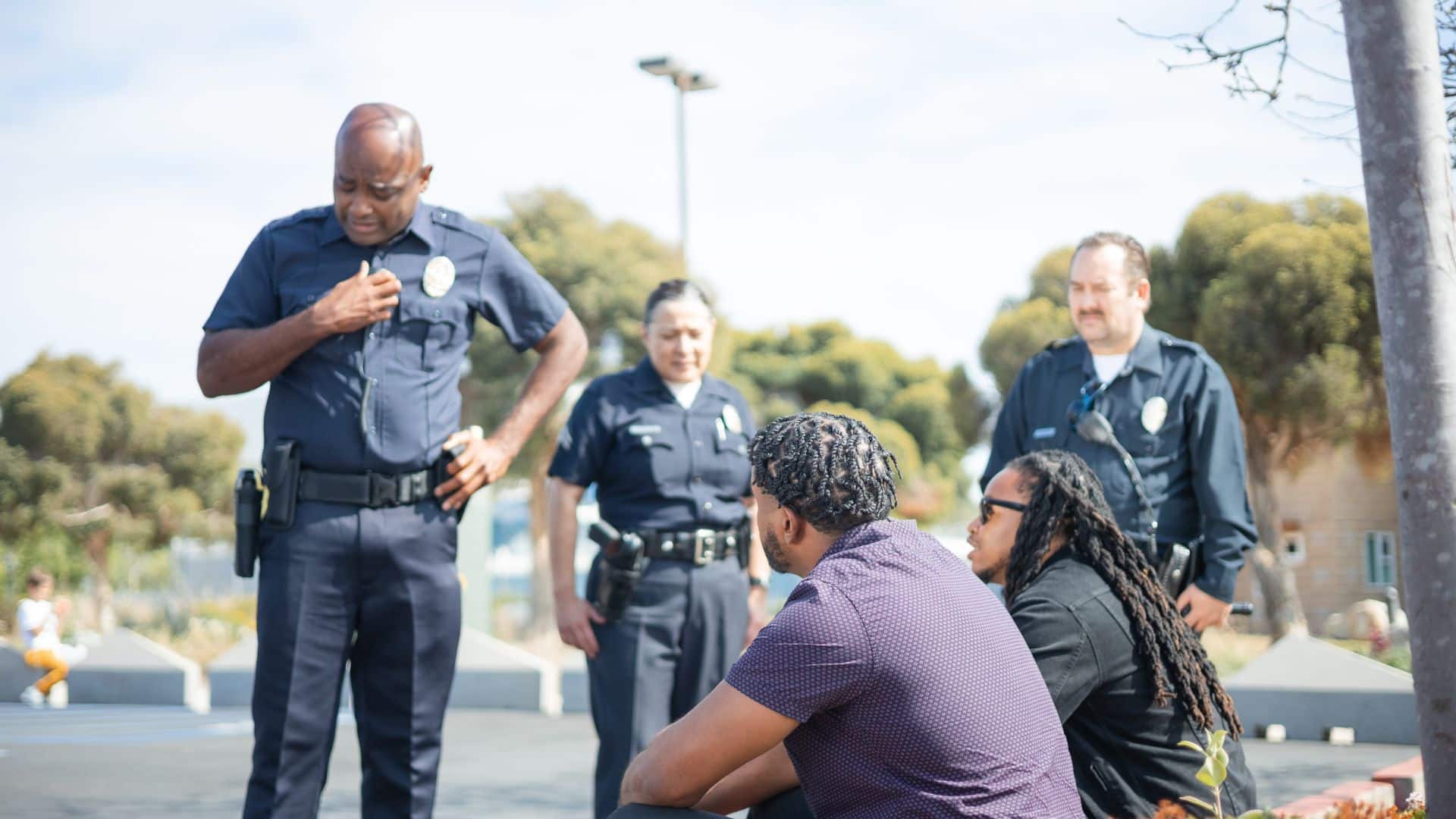
You have several important rights when the police want to question you, regardless of where the conversation takes place or when it occurs during their investigation process.
Right to Leave
If you’re not under arrest, you can usually walk away from police questioning at any time. You should ask clearly if you’re free to go before attempting to leave the area.
Right to Know Why You’re Being Questioned
Police should inform you of the reason for wanting to discuss certain matters or incidents with you. You have the right to know if you’re suspected of committing crimes or just a witness.
Right to Refuse Searches
You can say no to searches of your body, car, or home without a proper warrant. Officers need your permission or valid legal documents to conduct most types of searches.
Can You Remain Silent?
Yes, you absolutely can remain silent during police questioning.
The Fifth Amendment protects this right, and you don’t need to explain why you’re choosing not to talk. Simply say “I want to remain silent” clearly and firmly.
Staying quiet cannot be used as evidence against you in court proceedings. Judges and juries cannot assume you’re guilty just because you didn’t want to answer police questions about the case.
Police might try to convince you that talking will help your situation. They could say things like “innocent people don’t need lawyers” or “just tell us your side.” Don’t let these tactics pressure you into giving up your rights.
However, you should be aware that remaining completely silent may have some practical consequences during the investigation.
Police may keep you for longer questioning if they are unable to obtain the necessary information from you.
When Should You Ask for a Lawyer?
At any point, you can request professional legal guidance before continuing with police conversations.
| If You’re Accused of a Crime | If You’re Confused About the Situation |
|
|
What Happens if Police Arrest You?
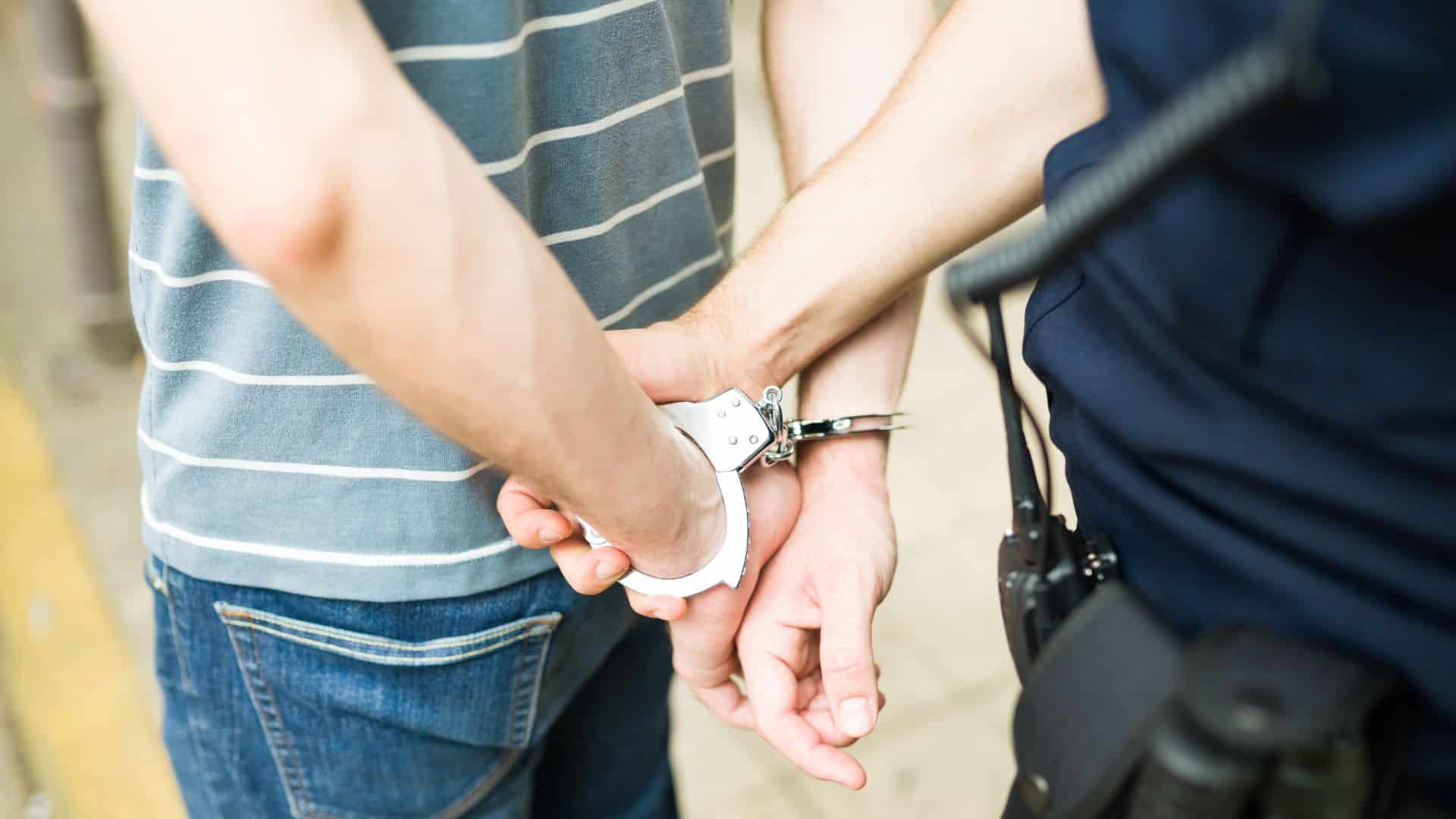
If police decide to arrest you, they must follow specific legal procedures and inform you of your constitutional rights immediately during the arrest process.
Officers will read you your Miranda rights, which include your right to remain silent and have a lawyer present before any questioning begins.
- Police must tell you the charges against you.
- You get one phone call to contact someone.
- Officers will take you to jail for booking.
- You have the right to see a judge within a reasonable time.
- Bail might be set so you can get out of jail while waiting for trial.
- All questioning must stop if you ask for a lawyer.
How Far Can Police Go During an Inquiry?
Police have limitations on what they can do during questioning, and they cannot employ certain illegal tactics to obtain information from you during investigations.
Officers cannot physically hurt you or threaten violence to make you talk about crimes. Torture and physical force are completely illegal and violate your constitutional rights.
Police can hold you for questioning for a reasonable amount of time, but they cannot detain you indefinitely without charging you with specific crimes.
They can ask the same questions multiple times or approach topics from different angles. Police may bring in different officers to question you, hoping that someone else will be more successful.
What to Do If Your Rights Are Ignored?
If the police don’t respect your rights during questioning, stay calm and remember what happened so you can recount the details to your lawyer later.
- Document the violation: Write down exactly what officers said and did wrong as soon as you can. Include dates, times, names, and specific details about how they violated your rights.
- Contact your lawyer immediately: If you have a lawyer, contact them right away. If you cannot afford to hire one, ask for one to be appointed.
- File a complaint: You can file an official complaint against the police department if officers violated your rights during questioning. This creates an official record of what happened.
- Keep evidence: Save any recordings, photos, or documents related to the violation. These materials might be important for your case or complaint later.
- Don’t fight back: Never physically resist or argue with police, even if they’re violating your rights. Handle the legal issues later through proper channels with your lawyer’s help.
Wrapping It Up
In summary, your constitutional rights during police inquiries serve as vital safeguards in the legal system.
These protections ensure fair treatment and prevent abuse of power during investigations. Understanding when and how to exercise these rights makes all the difference in protecting your future.
The legal system functions most effectively when both citizens and law enforcement respect established boundaries and procedures.
Your rights exist to maintain balance and justice, regardless of the circumstances surrounding any police interaction.
Remember that invoking these protections is a smart legal decision, not an admission of guilt or wrongdoing in any situation.
Have you ever encountered a situation where knowing these rights would have helped you make better decisions during a police interaction?

